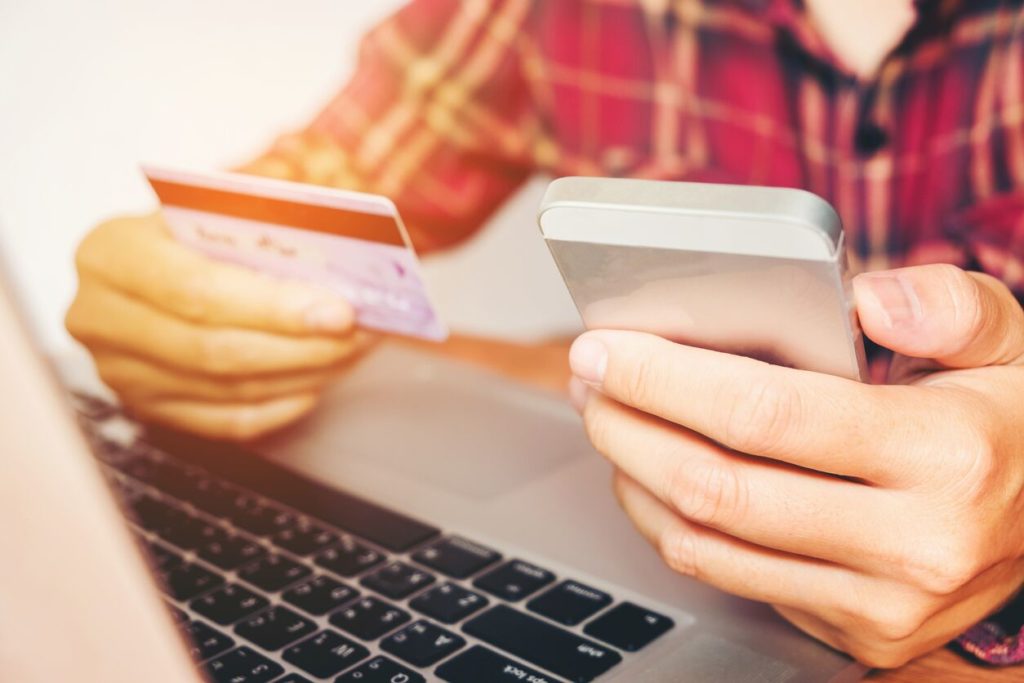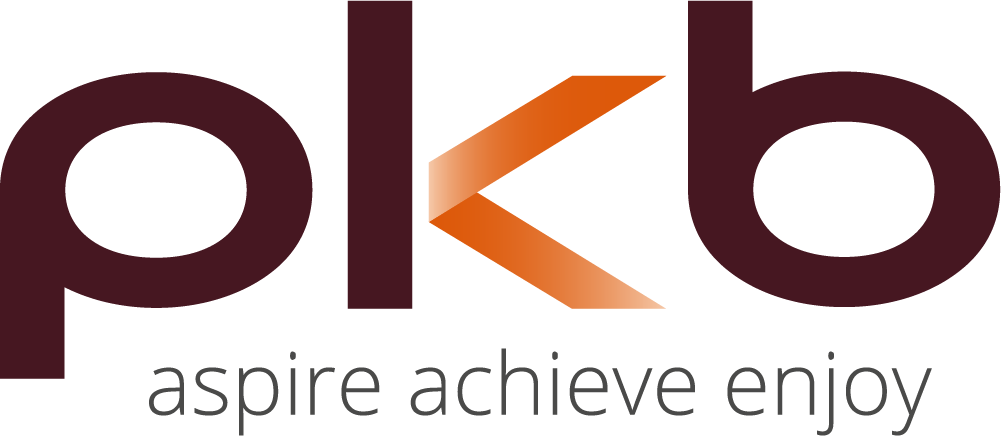 As of the 13 January 2018, HMRC is withdrawing the option to use a personal credit card to pay the amount due on tax returns.
As of the 13 January 2018, HMRC is withdrawing the option to use a personal credit card to pay the amount due on tax returns.
Just weeks before the self-assessment deadline of 31 January, this is no doubt going to raise concerns among smaller businesses who struggle with cashflow. HMRC will continue to accept payment from business credit cards for tax returns after the 13 January but higher transaction fees will apply.
If you’re concerned about HMRC’s new payment terms or you need help completing your tax return, please contact PKB about our tax planning services and we will be able to help.
Why won’t I be able to pay my tax return using a personal credit card anymore?
The Inland Revenue is withdrawing this payment is because of the EU’s new payment services directive which bans companies – including the Revenue – from charging customers extra to pay with their credit cards. More information can be found about this in our blog ‘HMRC will no longer accept credit cards to pay tax bills.’
HMRC will continue to charge taxpayers a fee which ranges from 0.374% to 2.406%, until the cut-off date.
Last year, around 454,000 people used their personal credit card to pay their tax return, netting the Revenue an incredible £12 million.
Other payment options include:
- paying over the phone (have your national insurance number to hand)
- using CHAPS
- paying at your bank or building society
- paying via direct debit or cheque
10.39 million self-assessment tax returns were filed ahead of the 2017 deadline and this figure is set to rise again in line with an increase in the number of individuals registering as self-employed.
Please be aware that you will receive a £100 penalty if you submit your online tax return late or pay your bill after the 31 January 2018. If you would like help with your self-assessment, contact PKB about our tax planning services today.
To read news and blogs from Rebecca Austin, click here >>

